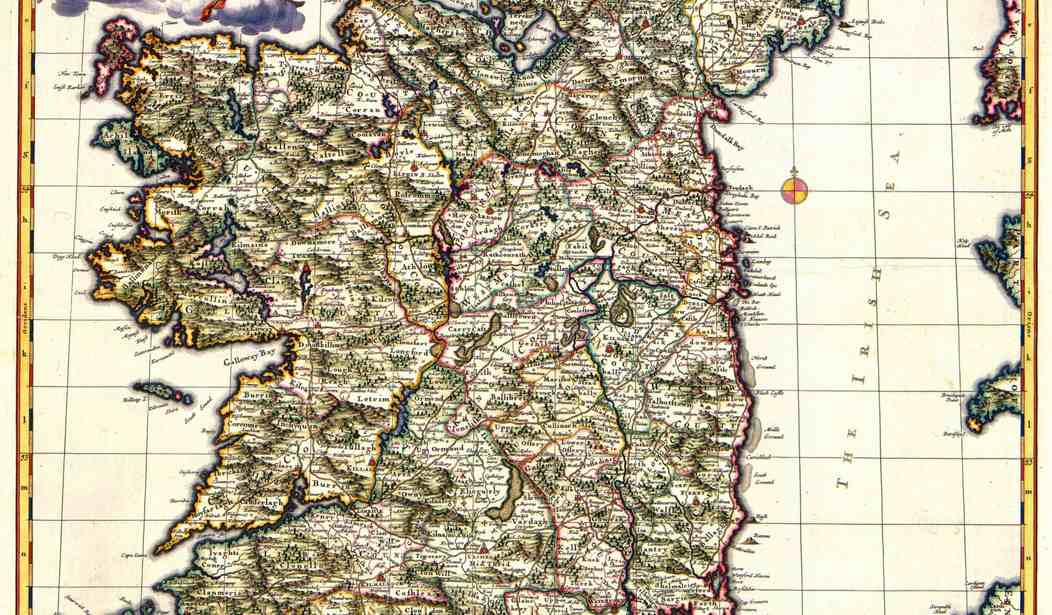Mankind’s been around a long time and over the course of the centuries its languages have evolved and changed until, like modern English, they bear little resemblance to their counterparts of a millennium ago. (Try reading Beowulf or Chaucer without a trot.) But for tongues that leave English in the dust, antiquity-wise, try this handy list on for size:
Language evolution is like biological evolution – it happens minutely, generation by generation, so there’s no distinct breaking point between one language and the next language that develops from it. Therefore, it’s impossible to say that one language is really older than any other one; they’re all as old as humanity itself. That said, each of the languages below has a little something special—something ancient—to differentiate it from the masses.
Be sure to read the whole fascinating list. I’m fortunate enough to live part-time in a country that still honors one of these languages as its official national language, and while it’s not widely spoken, it’s easily encountered on the radio and television every day:
Although Irish Gaelic is only spoken as a native language by a small majority of Irish people nowadays, it has a long history behind it. It is a member of the Celtic branch of Indo-European languages, and it existed on the islands that are now Great Britain and Ireland well before the Germanic influences arrived. Irish Gaelic was the language from which Scottish Gaelic and Manx (which used to be spoken on the Isle of Man) arose, but the fact that really lands it on this list is that it has the oldest vernacular literature of any language in Western Europe. While the rest of Europe was speaking their own languages and writing in Latin, the Irish decided that they wanted to write in their own language instead.
Another language on the list is spoken Hebrew, which was brought back from the dead, in part, with the founding of Israel. Others include Farsi (the language of ancient Persia), Basque (an outlier among western European languages, related linguistically to none of them), and Icelandic:
Icelandic is another Indo-European language, this time from the North Germanic Branch (just for comparison, English is also a Germanic language, but from the West Germanic branch). Many Germanic languages have streamlined themselves and lost some of the features that other Indo-European languages have (you’ve probably never heard of a case, for example, unless you’ve studied Latin or a Slavic language), but Icelandic has developed much more conservatively and retained many of these features. Danish governance of the country from the 14th to the 20th century also had very little effect on the language, so it has mostly gone unchanged since Norse settlers brought it there when they came to the country, and Icelandic speakers can easily read the sagas written centuries ago.
It helps that Iceland is an island, far from the European mainland. And it’s likely that Irish would continue to be widely spoken in Ireland had the English not tried to stamp it out during their long occupation of Hibernia. The point is that old languages that have survived (as opposed to the many that have simply disappeared) tend to be either the languages of empire (Farsi), a major religion (Hebrew), isolated communities (Basque, Tamil) or of oppressed peoples determined to maintain their cultural identities in the face of overwhelming odds (Lithuanian, Finnish).
Bring back spoken Latin and the world will be a happier, more civilized place. I mean, really — who needs French or Romanian when you can have the real thing?
Lots of room for quibbles here, so have it.









Join the conversation as a VIP Member